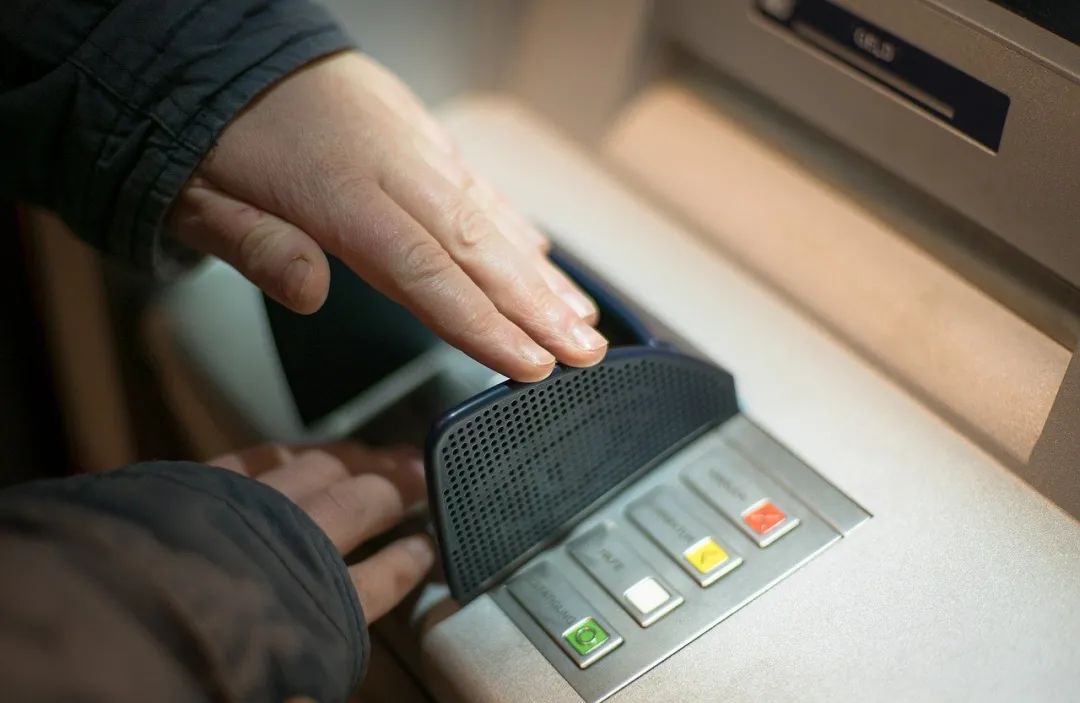Iris Qi

- As from March 1st 2022, new requirements will apply to cash deposits and withdrawals. Any individual depositing or withdrawing in or from a bank account in China, an amount in cash exceeding RMB 50,000, will be required to register the source and/or (intended) use of such cash with the bank.
- Understandably this new rule has a lot of people concerned. Many are wondering why they need to register just to use their own money in their bank account and concerns rise whether this may restrict people from accessing their savings when they need to.
The new requirement follows from a regulation jointly issued by the People’s Bank of China (“PBC”), the China Banking and Insurance Regulatory Commission, and the China Securities Regulatory Commission earlier this year, the Administrative Measures on Customer Due Diligence and Retention of Customer Identification Data and Transaction Records of Financial Institutions (Order [2022] No. 1 (the “Measures”). These Measures will come into effect on March 1st, 2022.
Article 10 of the Measures specifically provides that: “Where a commercial bank, rural cooperative bank, rural credit cooperative, rural bank or other financial institution handles for any of its natural person customers a single transaction of cash depositing and withdrawing in an amount of more than RMB50,000 or in any foreign currency equivalent to more than USD10,000, it shall identify and check his identity and understand and register the source or use of cash funds”.
Why the new requirements?
According to the PBC, this requirement is aiming to prevent money laundering and other illegal and often criminal activities and to protect the overall financial safety and security. In recent years, telecom fraud, illegal fund raising, pyramid selling, and underground money laundering have become more and more rampant. Obviously, cash is the preferred transaction mode for such actions as it provides anonymity and is inherently more difficult to track by authorities.
Will the convenience of depositing/withdrawing cash be affected?
With the development of so many e-payment apps over the past decade the use of bare cash in daily life and even in business has been substantially reduced.
According to data from the PBC, cash deposits/withdrawals exceeding RMB50,000 currently account for only about 2% of all cash bank services and these are most often used by older people. Therefor it is expected that the new requirement will have a relatively small impact on most individuals’ need for cash business.
As matter of fact such a requirement is far from unprecedented. International standards of FATF (Financial Action Task Force on Money Laundering, a governmental international organization) already require financial institutions to conduct due diligence on cash transactions above certain amounts, and many other countries have implemented similar requirements for cash transactions. By implementing these measures, China is merely reinforcing its anti-money laundering regulatory system, aligning it with international standards in this respect.
How does this affect my privacy?
The Measure very clearly stipulates that institutions and staff are liable for properly protecting any information they have retained related to clients’ information and transaction records, in compliance with “principles of security, accuracy, completeness and confidentiality”. Additionally, the concept of “maintaining confidentiality for depositors” has been explicitly included in the PRC Commercial Banking Law since its legislation in 1995.
Hence, banks and other financial institutions, as well as their staff, must continue to keep customer information in strict confidence. In case of any breach, potential liabilities include: cancellation of job qualification, prohibition from further employment in the financial industry, suspension of business licenses, revocation of business licenses, and even criminal penalties.
Finally, under the leadership of the PBC, banks and other financial institutions are currently guided to formulate detailed implementation rules and guidelines, aiming at adhering to the principle of “least possible and only as necessary” when gathering customers’ information, thereby reducing the burden on people to fulfill the aforementioned anti-money laundering obligations.


